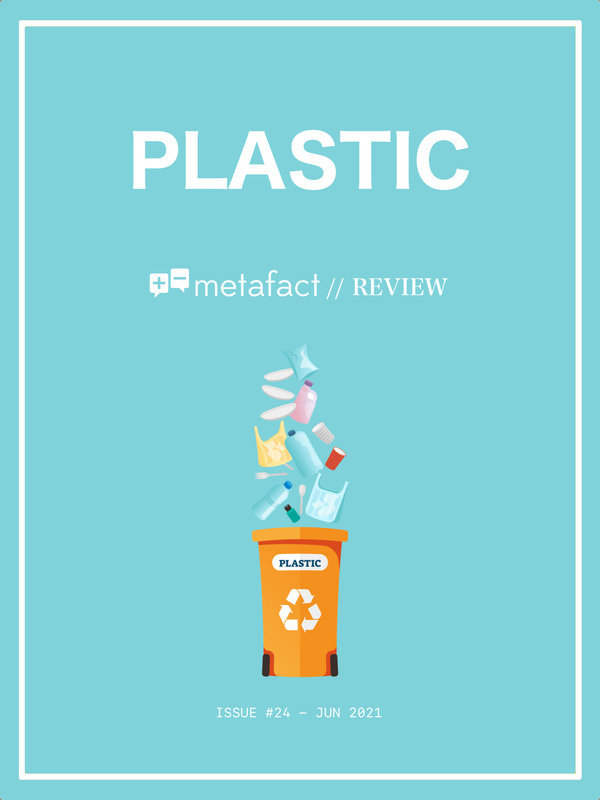Is there scientific evidence for emotional intelligence?
Hello everyone,
Emotional intelligence, the ability to regulate and perceive emotions, is the subject of much debate amongst scientists and the public alike. Whilst most people agree that being able to read other people and control your own feelings are positive characteristics that vary in strength between individuals, objectively defining and measuring these abilities is not easy. We asked 13 experts in psychology “Is there scientific evidence for emotional intelligence?”, most of the experts said “yes”. Here is what we found out…
Each month we investigate a topic voted by the community by asking the world's top experts to review the evidence. The results from last month’s poll are out - next month’s topic will be Learning!
Please vote on which topic you would like us to review next month here:
EXPERT CONSENSUS
Is there scientific evidence for emotional intelligence?
92% agreed from 13 experts
What is emotional intelligence?
The phrase ‘emotional intelligence’ or ‘EI’ was first coined in the early 1990s, and was defined as the ability to express, control and perceive emotions. Since then, many studies have investigated this area and identified different ‘types’ of EI. Professor Leehu Zysberg, an expert from Gordon College of Education, says that the “most common of which are Trait EI and Ability EI.”
“[Trait EI] relies on self-report measures that correspond and associate significantly with other measures of personality (in current research it is usually the "big five" personality traits).” The ‘big five’ personality traits are extroversion, agreeableness, openness, conscientiousness, and neuroticism. Dr Zysberg goes on to say that “the correlations between trait EI measures and personality traits are so high that one may claim EI belongs in one or more branches of the big five.”
The other type of EI, Ability EI, is not considered a personality trait. Instead, it describes the ability to perceive, understand and use emotions to do different things. Ability EI could be considered a form of intelligence (like IQ) rather than a personality trait, though this is highly contested.
What is the evidence for emotional intelligence?
Most of the experts agreed that there is scientific evidence for emotional intelligence. This is because EI scores can predict other measurable outcomes, in a similar way to IQ. High ability EI has been shown to correlate with positive relationships and career success.
Professor Brian Partido, an expert from Ohio State University, expands “Mental health, physical health, and life satisfaction all have been linked to having a high emotional intelligence. Most recently, emotional intelligence was found to be a predictor of academic and clinical performance among dental hygiene students.”
Professor Carrie Lloyd, an expert from Northcentral University, offers another example, “increased EI has a beneficial effect in terms of current depression status. [My] study indicated that for every 1-point increased in the EQ scaled score, the risk of depression decreased by 5%. This is a highly significant result, as this provides clear evidence that; emotional intelligence and depression are strongly related in the older adult population.”
How is emotional intelligence measured?
The different types of emotional intelligence are measured in different ways. Trait EI is measured using self-report tests, like personality tests. Self-report tests present some challenges, as Professor Andrew Lane from Wolverhampton University highlights “Emotional intelligence is hard to measure; can people report on their inner knowledge? If you have poor emotional intelligence, you won’t know how good you are but might recognise that being good in emotional intelligence is desirable - because questionnaires are relatively easy to guess what is being assessed.”
Ability EI is measured using tests such as MSCEIT, which uses emotion-based problems to test emotional awareness. Although the test is modelled on the IQ test, it is much more difficult to measure EI scores as often emotion-based questions do not have one correct answer.
In general, measuring emotional intelligence is very difficult, particularly because we still don’t have a clear understanding of exactly what EI is. Professor Igor Grossmann, an expert from Waterloo University, summarises, “The answer to this question depends on the definition and measurement of emotional intelligence. The construct is complex and its measurement, often relying on self-reports, is often flawed. The broader construct of emotional intelligence as an ability to recognize one's and others' emotions and regulate one's emotions to fit the features of the situation is likely real. But its measurement requires expensive methods many companies and scholars are not willing to pay for.”
The takeaway:
There is scientific evidence for the human ability to understand and regulate emotions, but emotional intelligence is not yet clearly defined or easily measured.
May the facts be with you!
Eva
METAFACT REVIEW
Are microplastics harmful to humans?
Exclusive reviews for our fact-loving members.
Each month we investigate a topic voted by the community by asking the world's top experts to review the evidence. Reviews are what you need to know. You can read all the reviews online here.
Plastic is a wonderful invention. Cheap, extremely versatile and durable - it can be used for a variety of purposes. But the cost is the growing volume of plastic pollution in our streets, environments and waterways. This month we asked scientists to share the facts on plastic. Will plastic production ever become sustainable? Can all plastics be recycled? Are plastic fragments harmful for the environment or for us? And should you switch to glass containers for your packed lunch? Here's what we found…


